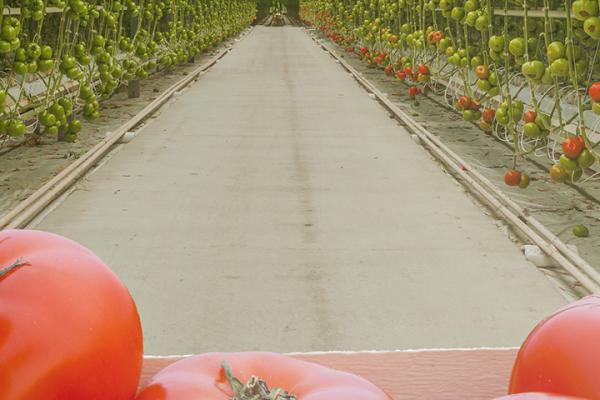From Mediterranean olive oil to Scandinavian fish, researchers are integrating digital technologies into Europe’s key food industries to crack down on counterfeit products.
Crops like chickpeas, fava beans, lentils and quinoa could help make Europe’s food systems more environmentally friendly and sustainable.
Diversifying food sources and developing underused, nutrient-rich crops could help combat malnutrition and enhance food security in Africa.
EU-funded researchers have developed smart tags to guarantee the authenticity and traceability of wine from vineyard to table, helping to combat counterfeiting and boost consumer trust.
EU-funded researchers are improving the tracking and certification of biological waste to help give it a second life as new bio-based products.
Citizen scientists are drawing on personal experience to help researchers create new plant-based fermented foods and maximise their health benefits.
Researchers are using new technologies, including AI, as well as contributions from citizen scientists, to improve how we monitor and protect increasingly threatened habitats and species across…
EU-funded researchers are exploring how to make strong and sustainable new materials from hard-to-crack nutshells.
EU-funded researchers are turning food processing waste into a valuable resource, transforming discarded biomaterials into natural fertilisers.
Commercial greenhouses in Europe are testing new energy and water efficiency technologies in support of the green transition.














